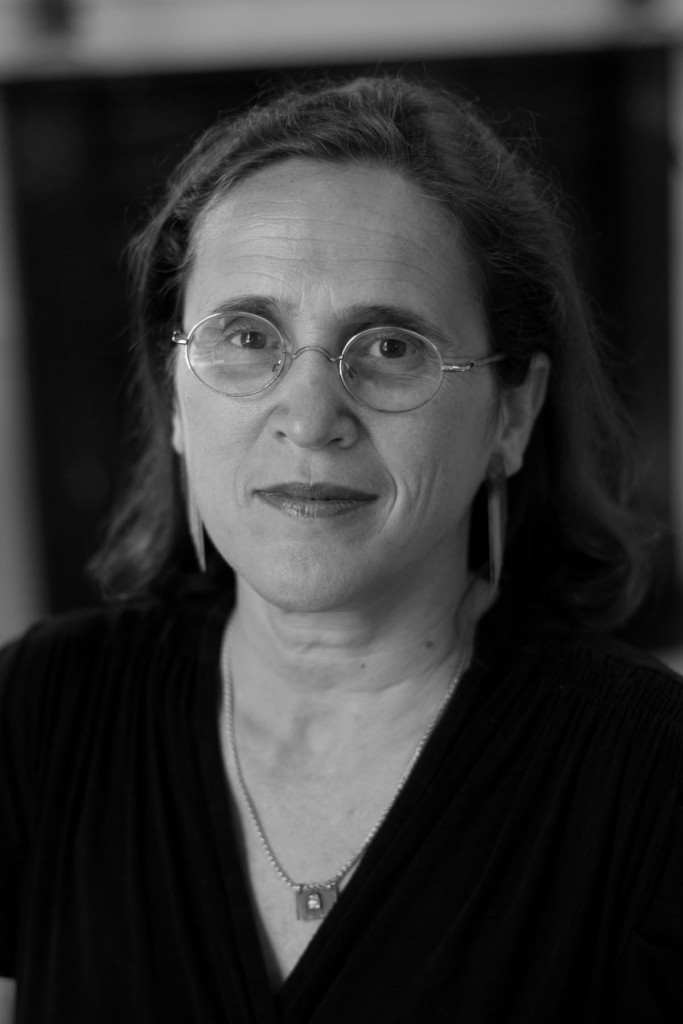The body gesture of ‘interlocking arms’ in public arenas is a reiteration of the invariable statement of defiance calling: “Stop, you cannot proceed, we are here and we have things to say!” This statement is a defiance of the unstoppable movement of lasting colonial dispossession. Such reiterations takes their singular forms, each time anew, from particular circumstances of injustice in which they are performed. Under the colonial condition, characterized by differential rule and mechanisms of dispossession, discrete body gestures such as interlocking arms and statements of the kind embodied in them were occasionally performed in different situations that these gestures exposed as contentious. At a certain point they came to form a common language used by the many wherever they get together, slowing down the movement of colonial dispossession by the mere refusal to incorporate its logic. I propose to call this language the civil language of revolution.
Anyone can speak in this language but never alone, its statements are made of many and by the many. Like any other language, it makes sense only among others. The statements generated in this language do not have their origins in individuals and cannot be appropriated by single authors. For centuries, the speakers of this language have not been concerned with categories like “author,” “origin,” or “the new” imposed by ‘colonial modernity’ (Tani Barlow) upon politics as well as art. Not being interested in the attribution of statements to individuals but in sharing them in public, speakers of this language could speak in concert (Arendt/Burke) and hence perform their cause as a common, shared one. It is through tracing their non-linear and unpredictable reiterability as recorded in photographs taken at different times and in various spaces that I’ll reconstruct the particular grammar of this language and the way the common is articulated and transformed through its performances.
Her recent books: From Palestine to Israel: A Photographic Record of Destruction and State Formation, 1947-1950, (Pluto Press, 2011), Civil Imagination: The Political Ontology of Photography (Verso, 2012) and The Civil Contract of Photography (Zone Books, 2008); co-author with Adi Ophir. The One State Condition: Occupation and Democracy between the Sea and the River. Stanford University Press, 2012. She is Curator and documentary film maker. Among her recent projects: of Potential History (2012, Stuk / Artefact, Louven), Civil Alliances, Palestine, 47-48 (2012) http://cargocollective.com/ariellaazoulay

